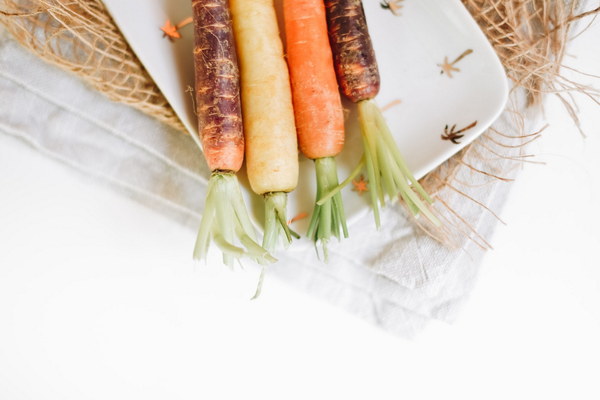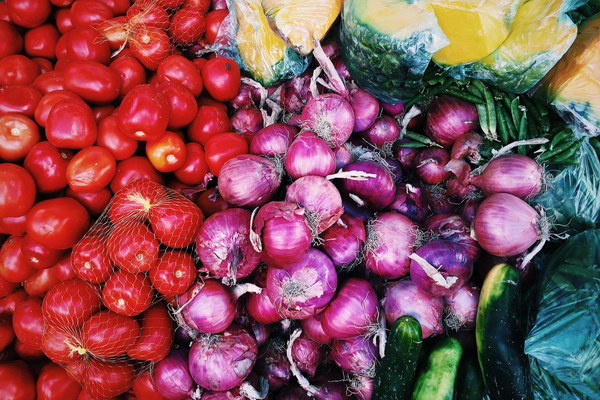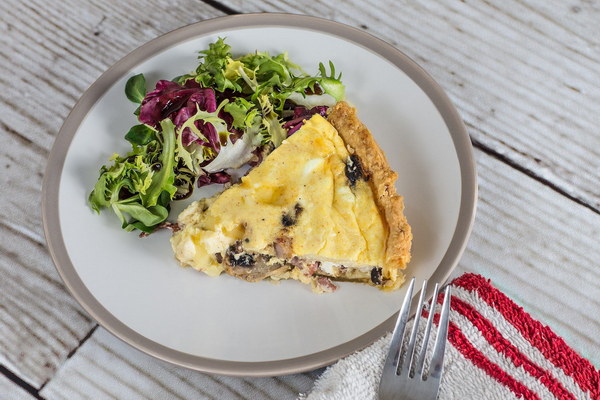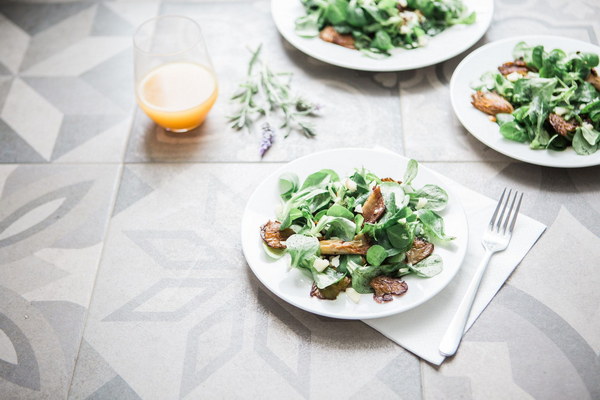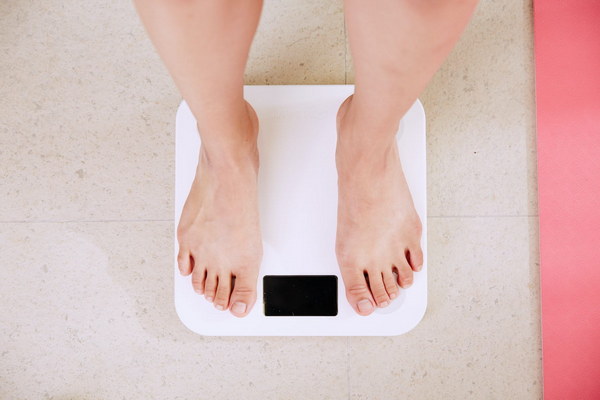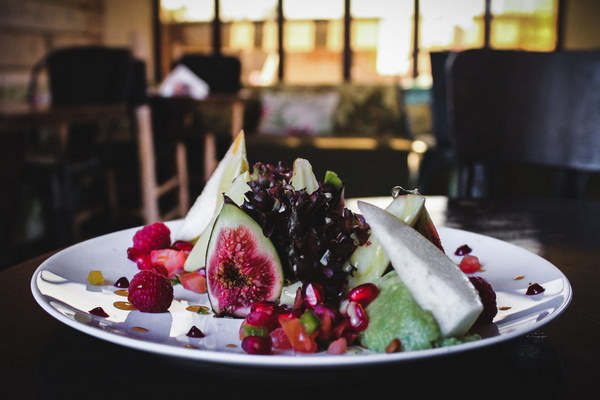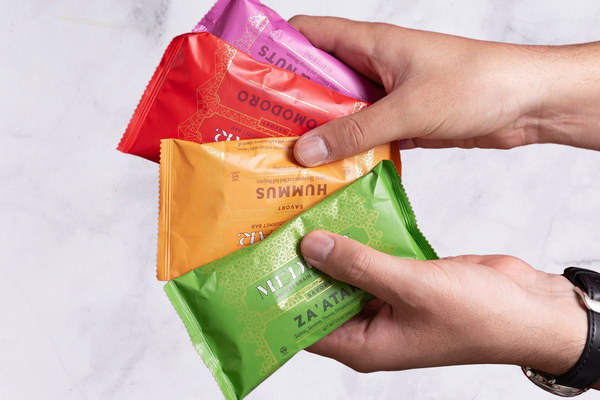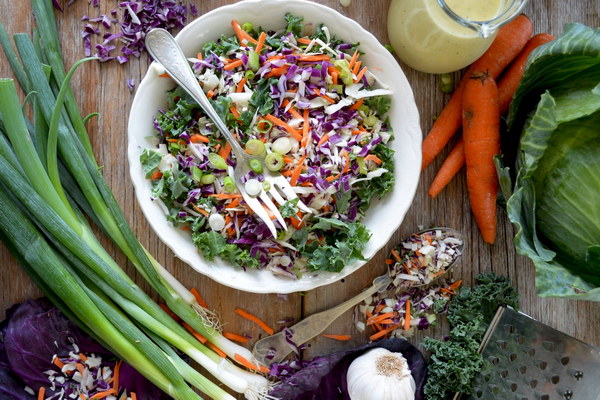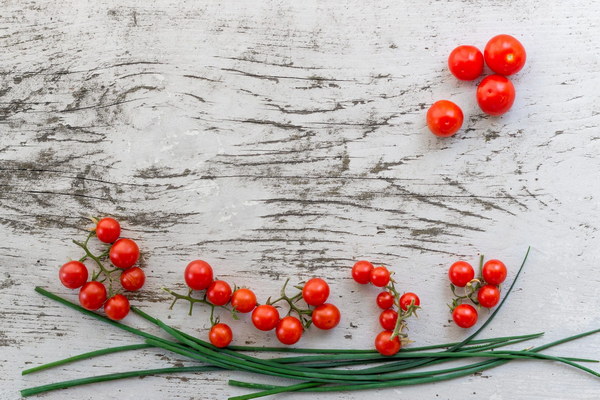Healing Rectal Inflammation A Comprehensive Diet Guide for Relief and Recovery
Rectal inflammation, also known as proctitis, can be a painful and uncomfortable condition that affects the rectum. While medication and medical treatment are crucial for managing rectal inflammation, diet plays a significant role in providing relief and aiding the healing process. In this article, we will explore a comprehensive diet guide that can help alleviate symptoms and promote recovery for those suffering from rectal inflammation.
1. Low-Fiber Diet
A low-fiber diet is often recommended for individuals with rectal inflammation, as it can help reduce bowel movements and ease discomfort. This diet includes foods that are easily digestible and soft, such as:
- White bread
- White rice
- Oatmeal
- Creamy soups
- Eggs
- Cooked vegetables with their skin removed, such as carrots, potatoes, and squash
- Cooked fruits with their seeds and skin removed, such as applesauce and bananas
2. Hydration
Proper hydration is essential for maintaining bowel regularity and preventing constipation, which can exacerbate rectal inflammation. It is important to drink plenty of water throughout the day, aiming for at least eight glasses. Avoid caffeine and alcohol, as they can contribute to dehydration.
3. Fermented Foods
Fermented foods, such as yogurt, kefir, sauerkraut, and kimchi, can help improve gut health by promoting the growth of beneficial bacteria. These foods are easy to digest and can help alleviate symptoms of rectal inflammation.
4. Anti-Inflammatory Foods
Incorporating anti-inflammatory foods into your diet can help reduce inflammation and alleviate symptoms of rectal inflammation. Some examples include:
- Fatty fish, such as salmon, mackerel, and sardines, which are rich in omega-3 fatty acids
- Nuts and seeds, such as walnuts, flaxseeds, and chia seeds
- Olive oil, which contains monounsaturated fats that have anti-inflammatory properties
- Leafy greens, such as spinach, kale, and Swiss chard, which are rich in antioxidants and anti-inflammatory compounds
5. Avoid Certain Foods
Certain foods can trigger or exacerbate rectal inflammation. It is important to identify and avoid these trigger foods, which may include:
- Spicy foods
- High-fiber foods, such as whole grains, legumes, and raw fruits and vegetables
- Fatty and greasy foods
- Caffeinated beverages
- Carbonated drinks
- Alcoholic beverages
6. Regular Meals and Snacking
Eating regular meals and snacks throughout the day can help maintain a stable digestive system and prevent bowel movements that may cause discomfort. Aim to eat small, frequent meals that are easy to digest and provide adequate nutrition.
7. Cooking Methods
The way you prepare your food can also impact your rectal inflammation. Opt for cooking methods that are gentle on the digestive system, such as steaming, boiling, or baking. Avoid fried and grilled foods, as they can be harsh on the digestive tract.
8. Consult with a Healthcare Professional
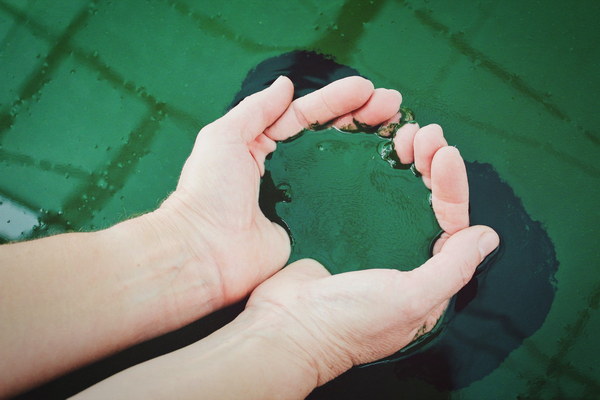
It is important to consult with a healthcare professional before making significant changes to your diet. They can provide personalized recommendations based on your specific condition and dietary needs.
In conclusion, a well-balanced diet can play a significant role in managing rectal inflammation and promoting recovery. By following this comprehensive diet guide, individuals can alleviate symptoms and support their overall health. Remember to consult with a healthcare professional for personalized advice and guidance.
